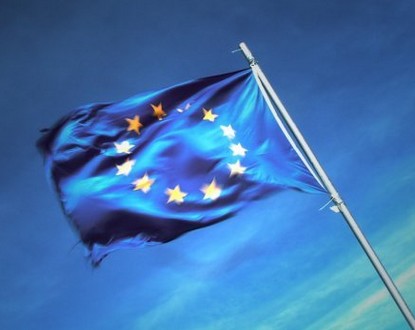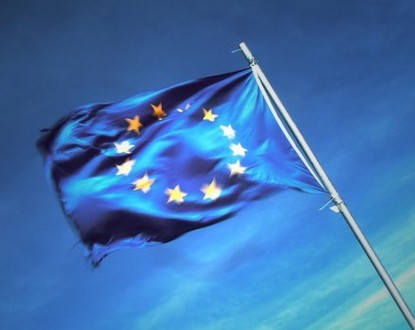Nice Premium has the privilege of publishing an article by Ms. Brigitte Ferrari, President of the European Movement of the Alpes-Maritimes.
 The French presidency of the G20 has just experienced its first major event with the meeting of finance ministers and central bank governors in Paris last weekend.
The French presidency of the G20 has just experienced its first major event with the meeting of finance ministers and central bank governors in Paris last weekend.
The 3 major priorities of the French agenda were at the heart of this G20 finance meeting: the reform of the international monetary system, the regulation of commodity prices, and new financing to achieve the Millennium Development Goals. The idea is to modify the current functioning of the global economy: the United States borrows, Europeans consume and borrow, China saves and exports, resulting in the most glaring imbalances. The 20 most industrialized countries in the world reached an agreement in Paris on Saturday, February 19, on criteria for evaluating their economic imbalances. However, the compromise carefully avoids any direct reference to points of friction with China.
This summit is a success insofar as it has allowed for the definition of 5 indicators (current account balance, exchange rate, foreign exchange reserves, deficits and public debt, private savings rate) supposed to measure global imbalances. But this agreement is only a first step. It will be up to the IMF to define a method that will allow for the interpretation of the selected criteria.
On other topics dear to France, discussions did not lead to concrete decisions. On the regulation of the agricultural commodity market, reflection continues. On the reform of the international monetary system, a new technical report has been requested to define the modalities of supporting the emergence of new international-level currencies like the Chinese yuan. But China made it clear that it would not be dictated a timetable toward the full convertibility of its currency with others. The possibilities of giving more power to the IMF are going to be explored. The introduction of an “infinitesimal” tax on financial transactions to finance the ecological development of southern countries has evidently not met with the expected success. Regarding the reform of international finance, the G20 is committed to applying the new bank capitalization rules known as Basel III. This means, in particular, that the United States will subject their institutions to the same constraints as their European competitors. But much remains to be done.
The assessment of the French presidency of the G20 can only be judged after the concluding summit in Cannes next November. But already, the results of this summit appear critical for maintaining Europe as an economic power in the world.



